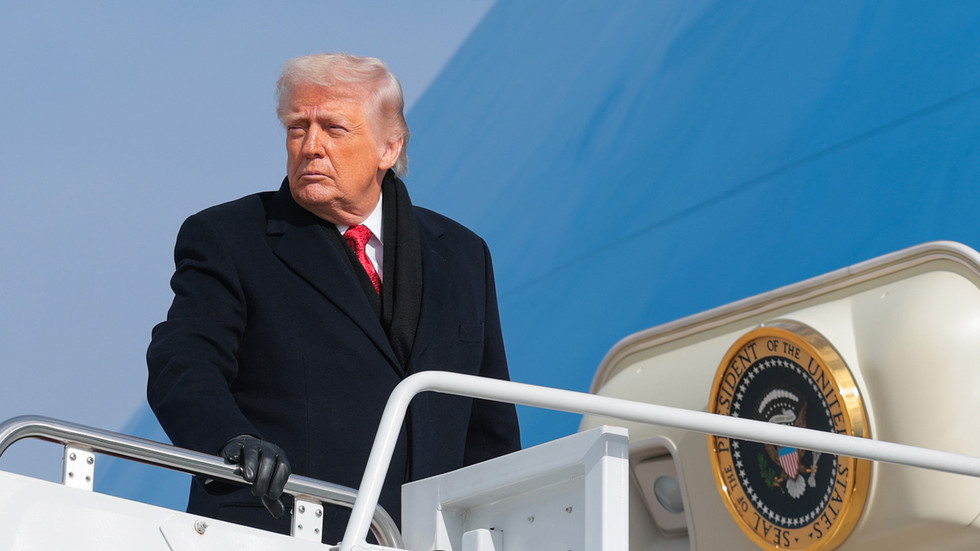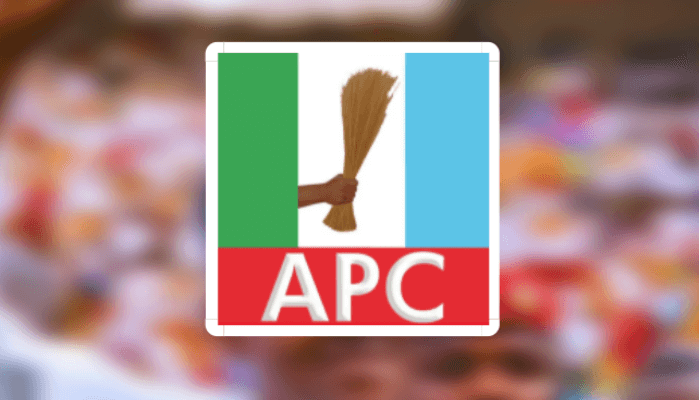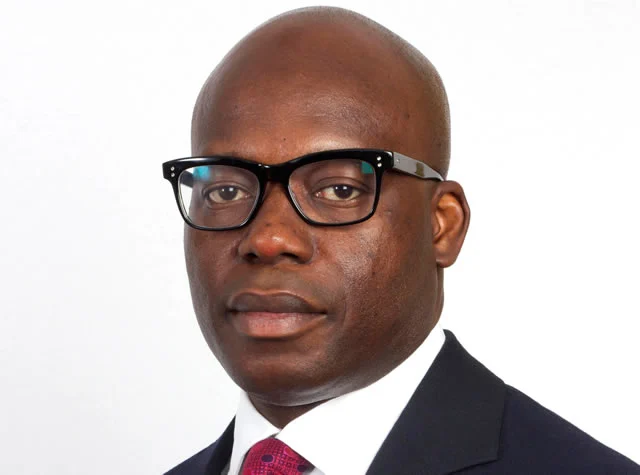Stakeholders Urge Local Ownership of HIV Programmes in Nigeria
As the world prepares to commemorate World AIDS Day on December 1, stakeholders in Nigeria have called for local ownership of HIV programmes, reduced dependence on foreign donors, and increased local manufacturing of HIV medications and supplies. This appeal was made at a media engagement organised by the AIDS Healthcare Foundation (AHF) in Abuja, ahead of the 2025 World AIDS Day commemoration.
The President of the Network of People Living With HIV/AIDS in Nigeria, Abdulkadir Ibrahim, emphasized the need for Nigeria to take control of its HIV response. He noted that the country’s health system should ensure that no one is left behind, including people living with HIV. Ibrahim also highlighted the challenges posed by the recent reduction in international funding, citing the U.S. government’s new policy shift that drastically reduced funding for health interventions.
Despite these funding challenges, Ibrahim stressed that progress must be sustained. He emphasized the importance of retention and innovative treatment approaches, such as injectables for treatment and prevention. Ibrahim also called for community actors, including women, youth, and religious groups, to be empowered to drive faith-led responses and urged nationwide action to combat HIV.
The Senior Manager, Prevention Programme at AHF, Taofeek Adeleye, advocated for stronger media involvement in HIV prevention, consistent public education, and correct information to counter misinformation. Adeleye emphasized that prevention messaging must be constant and that the media must play a major role in educating the public.
The Executive Secretary at the Nigeria Network of Religious Leaders Living with or Personally Affected by HIV/AIDS, Amber Erinmwinhe, called for stronger collaboration between the media, faith leaders, and communities to combat stigma and misinformation around HIV. AHF has opened youth-focused Wellness Centres in Abuja and Benue to expand Sexually Transmitted Infections prevention, testing, and treatment services, as infections rise among adolescents and young people.
The organisation will hold sensitisation exercises and campaigns across states, provide free HIV testing, and distribute condoms and other items to the public, especially youths, as part of the World AIDS Day celebration. The AHF Africa Bureau Chief, Martin Matabishi, noted that Africa has made great strides against HIV, but rising infections, especially among adolescents and young women, remind us that the fight isn’t over. He emphasized the need for inclusive health policies, combination prevention, and community-led responses to overcome disruption and transform the AIDS response.



